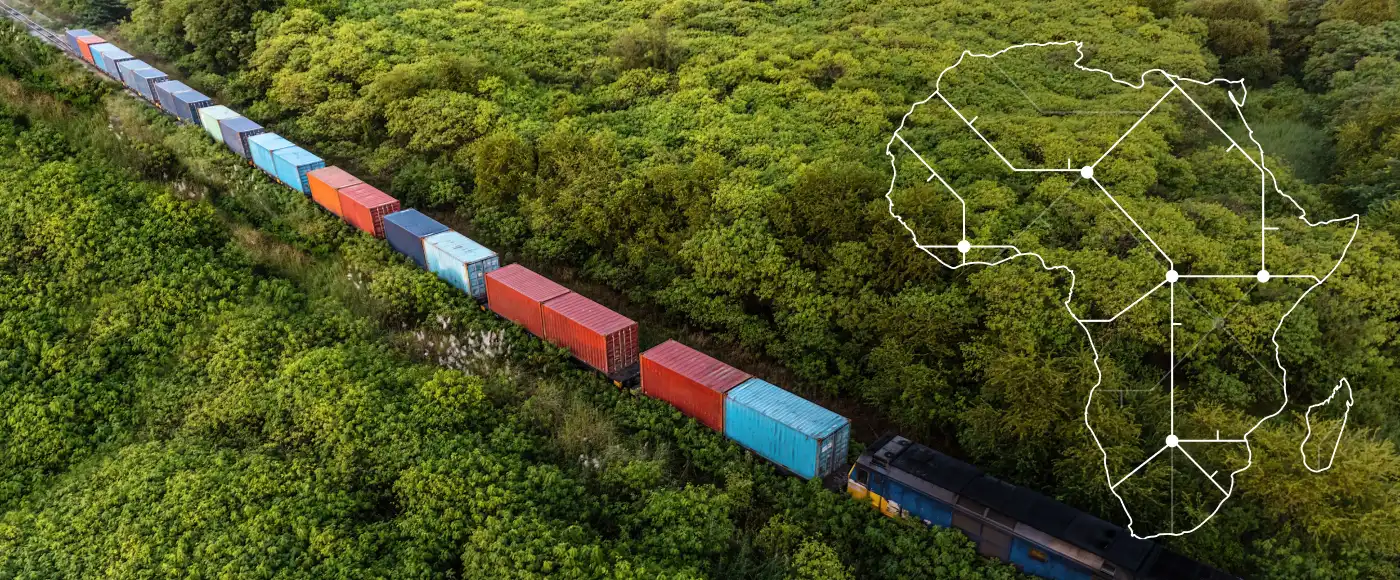Sustainability
and ESG
Although presently under-developed, the transport and logistics sector in Africa plays a crucial role in the continent’s economic development by facilitating trade, investment, and overall connectivity. It is essential for the movement of goods, services, and people within and beyond Africa’s borders. International companies can play a role in this sector by bringing expertise, technology, and investment to improve infrastructure, transportation efficiency, and supply chain management.


Sustainability Targets
- Delivering innovative solutions to increase energy efficiency and phase out diesel services
- Prioritising renewable energy sources
- Working together as a region to share best practice and common solutions
- Embedding circular economy principles to help combat resource depletion and the impacts of material and waste production, recycling and reusing end-of-life products in all processes associated with railway activity
- Integrating an eco-design approach during the study, design, and development project phases of new infrastructure.
When deciding upon and allocating capital to railway projects, cash flow shouldn’t be the only consideration, as social, economic and environmental factors should also be considered.
The cost of transportation in Africa is about 50-175% higher, on average, than in other parts of the world because of poor road, rail and port transportation infrastructure.
In respect of rail, there is a need to improve connectivity and substantially expand the network – Africa is over three times the size of the USA but has less than a third of the rail network.


Green Hydrogen and ESG considerations in freight logistics
Africa plays a crucial role in the global green hydrogen market due to its abundant renewable energy resources, such as solar and wind power, which are essential for producing green hydrogen.
Green hydrogen, produced using renewable energy sources, is gaining attention as a clean and sustainable alternative to fossil fuels.
The continent’s vast potential for renewable energy makes it an attractive location for green hydrogen production. This could not only meet domestic energy needs but also position Africa as a major exporter of green hydrogen to other regions, contributing to global decarbonisation efforts.


